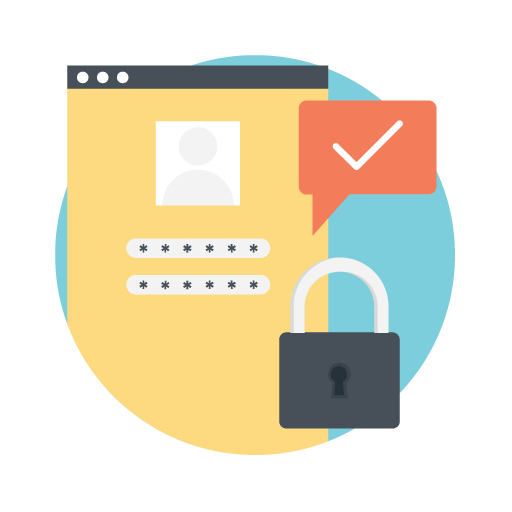As a small business owner, you have a lot on your plate. You’re likely focused on growing your business, managing your finances, and keeping your customers happy. With so much on your mind, it’s easy to overlook the importance of cybersecurity. However, failing to prioritize cybersecurity can be a costly mistake.
You know how valuable your data and assets are to your business. However, with the increasing number of cyber threats, your business may be at risk.
Small businesses are a prime target for cybercriminals
Many small business owners believe that they are too small to be a target for cybercriminals. However, the reality is that small businesses are a prime target. According to a recent report by Verizon, 43% of cyberattacks target small businesses. This is because cybercriminals know that small businesses are less likely to have robust cybersecurity measures in place, making them an easier target.
In this article, we’ll explore why small business cybersecurity matters and how you can protect your business from cyber threats.
Cyber attacks can be devastating for small businesses
Cyber attacks can be devastating for small businesses. In addition to the cost of repairing the damage caused by the attack, small businesses can also face legal liabilities, lost revenue, and damage to their reputation. According to a recent report by the National Cyber Security Alliance, 60% of small businesses that suffer a cyber attack go out of business within six months. This highlights the importance of taking cybersecurity seriously.
Why Small Business Cybersecurity Matters
- Small businesses often have weaker security systems than larger businesses, making them an easier target for cybercriminals.
- Cyber attacks can cause significant financial damage to small businesses, including lost revenue, legal fees, and damaged reputation.
- Small businesses often store sensitive customer and financial data, making them an attractive target for cybercriminals looking to steal personal information.
Common Cyber Threats for Small Businesses
Small businesses face a variety of cyber threats, including:
- Phishing: Cybercriminals use emails, texts, or social media messages to trick individuals into providing sensitive information or downloading malware.
- Ransomware: Cybercriminals use malware to lock users out of their systems or encrypt their data and demand a ransom in exchange for access.
- Malware: Malware refers to any malicious software that is designed to harm or exploit a system or user. This is one of the most common types of cyberattacks. and includes software viruses such as worms, spyware, ransomware, adware, and trojans.
- Password Attacks: Cybercriminals may use a variety of methods including brute force, dictionaries and keyloggers to steal or guess user passwords to gain access to sensitive data.
- SQL Injection Attacks :
A Structured Query Language (SQL) injection attack occurs on a database-driven website when the hacker manipulates a standard SQL query. It is carried by injecting a malicious code into a vulnerable website search box, thereby making the server reveal crucial information.
This results in the attacker being able to view, edit, and delete tables in the databases. Attackers can also get administrative rights through this. - Denial-of-Service Attacks: A Denial-of-Service (DOS) Attack is a significant threat to companies. DOS attacks target systems, servers, or networks and flood them with traffic to exhaust their resources and bandwidth. When this happens, the incoming requests overwhelm the server, which can result in the hosted services or website either shutting down or slowing down. This leaves the legitimate service requests unattended.
These attacks can lead to data breaches, financial loss, and damage to your business’s reputation.
How to Better Protect Your Small Business from Cyber Threats
- Invest in cybersecurity solutions: This includes firewalls, antivirus software, and intrusion detection systems to protect your business’s network and devices.
- Keep your software up-to-date: Keep all software and systems up-to-date with the latest security patches.
- Train your employees: Educate your employees on cybersecurity best practices, including how to identify and report potential threats.
- Use strong passwords: Encourage your employees to use strong passwords and consider implementing two-factor authentication for added security.
- Back up your data: Regularly backup your business’s data to protect against data loss in the event of a cyber attack.
- Stay up-to-date on cybersecurity news: Stay informed about the latest cybersecurity threats and best practices to ensure your business is always protected.
- Work with a cybersecurity provider: Consider working with a cybersecurity provider to help you identify and mitigate cyber threats. A provider can help you implement advanced cybersecurity measures that may be beyond your technical capabilities.
Conclusion
Cybersecurity is essential for small business owners who want to protect their data, assets, and customers. By investing in cybersecurity solutions, educating your employees, and staying up-to-date on the latest threats and best practices, you can protect your business from cyber threats, ensure the security of your sensitive data and assets and know that your business is compliant with industry regulations.
Don't wait until it's too late – contact us to start protecting your business from cyber threats today.



